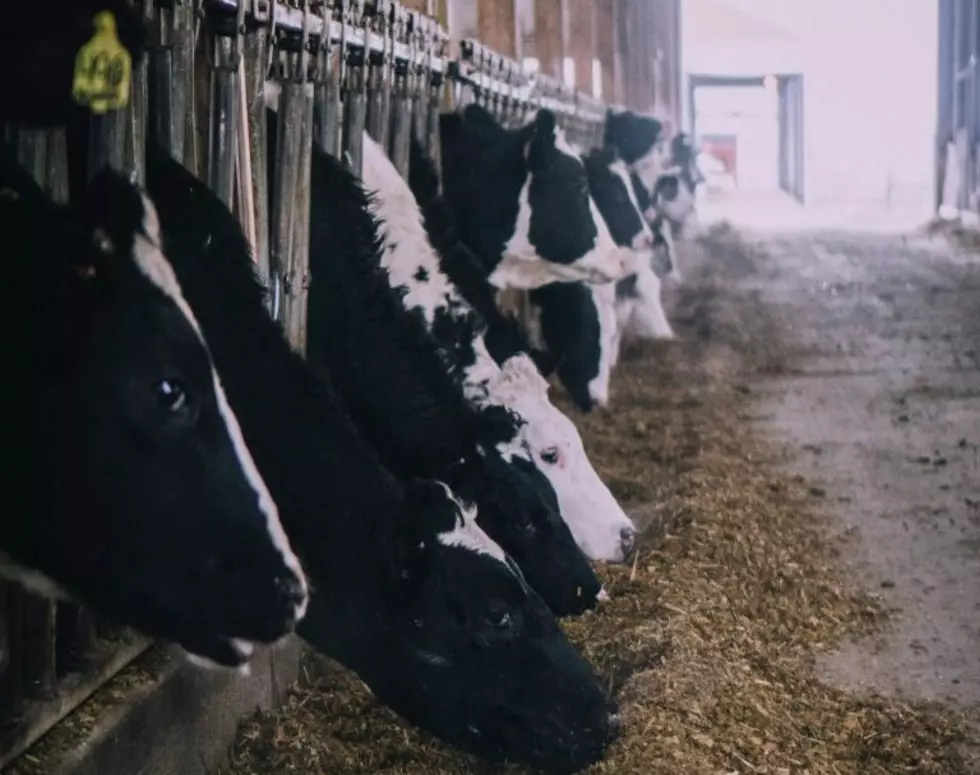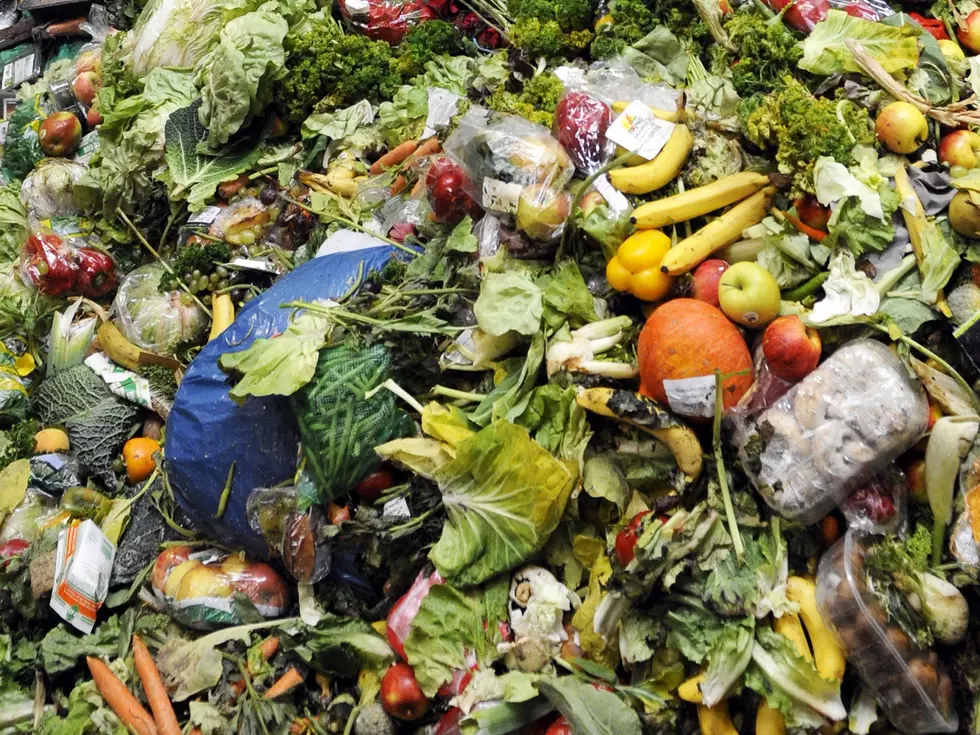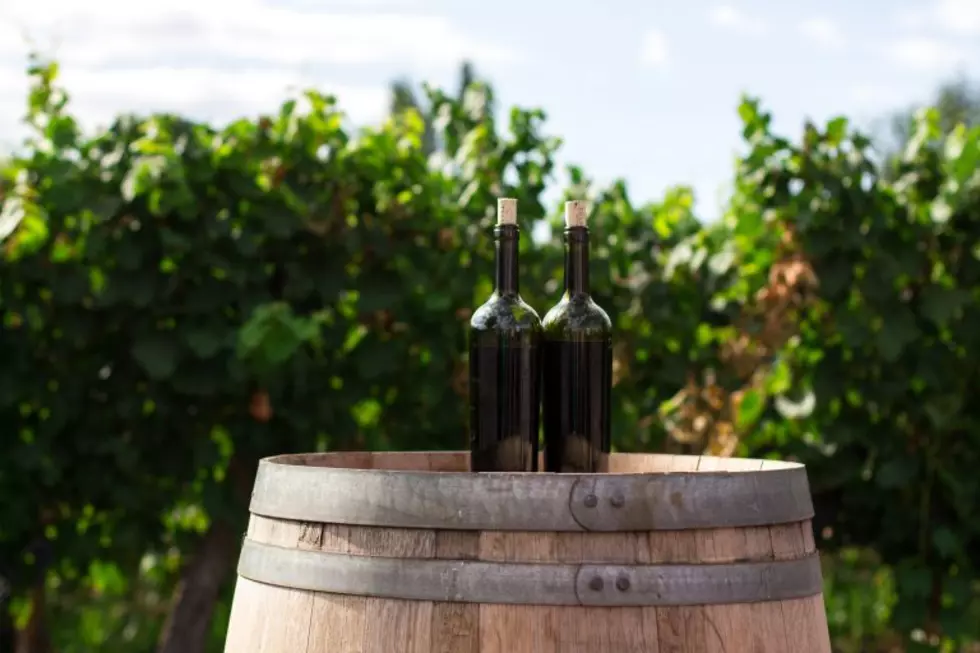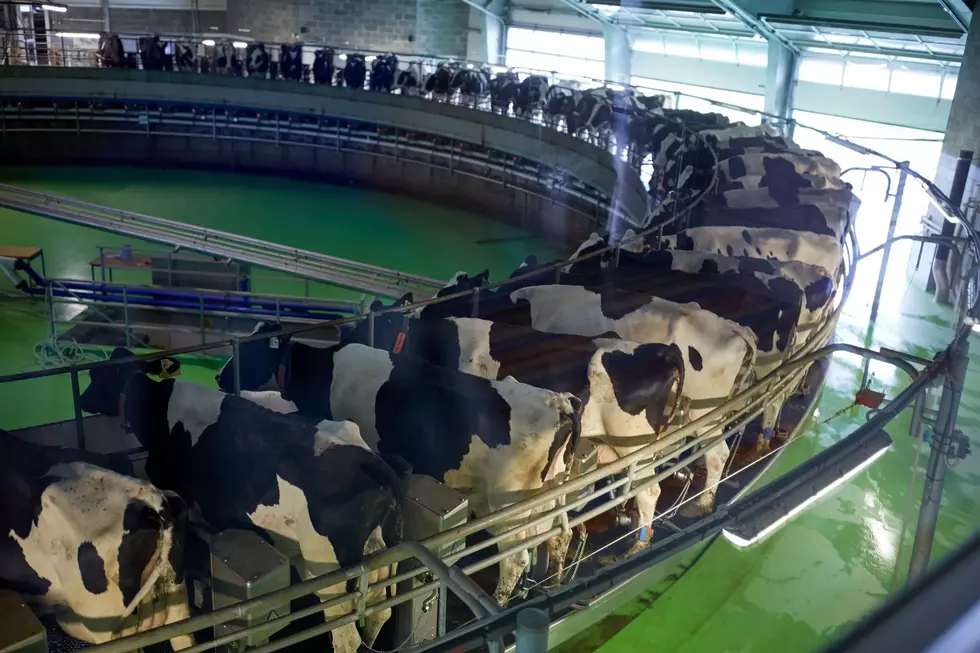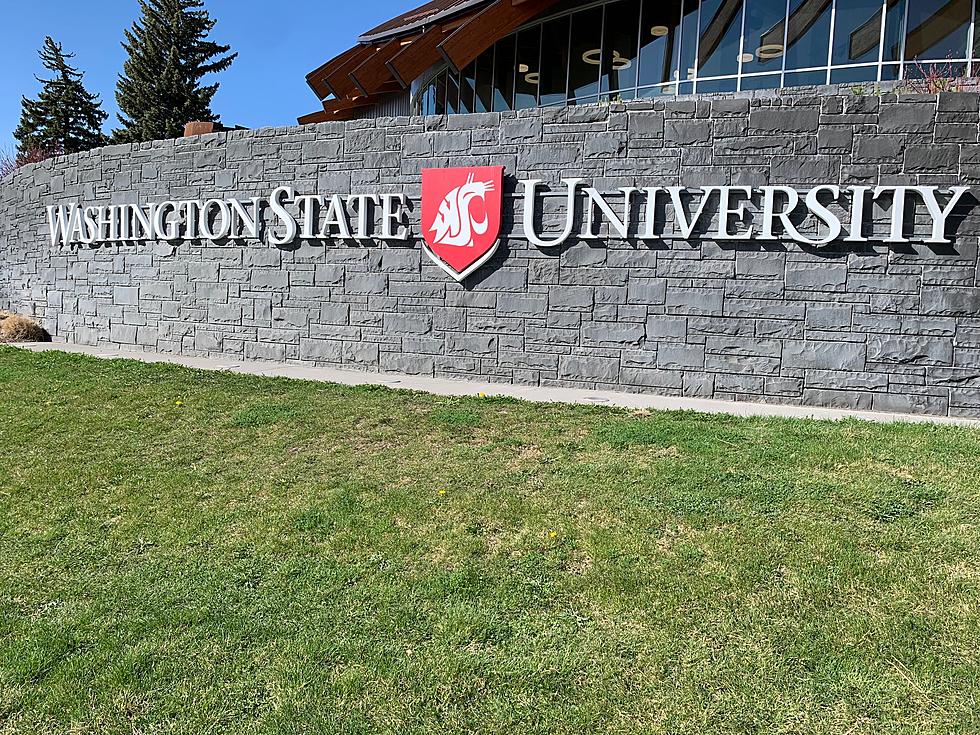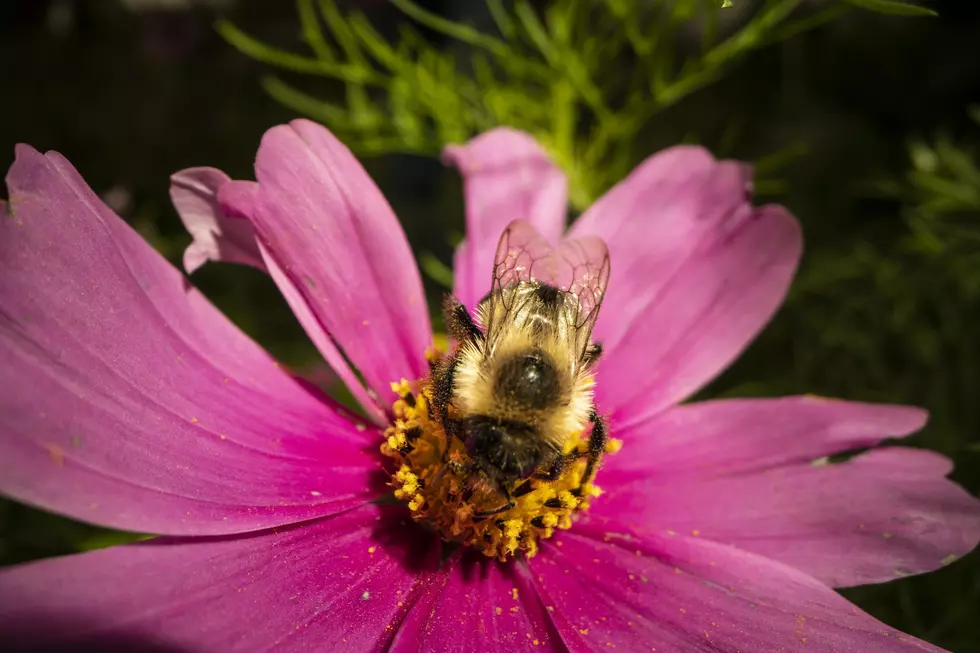
WSU Beekeepers Team Up To Study Colony Health
In an effort to better understand colony health, Washington State University scientists have partnered with beekeepers this spring to inspect honey bees and hives. Postdoctoral researcher, Rae Olsson, said all of the bees tracked for the project are part of a large or small commercial operations and all of them are migratory in some way, meaning the beekeepers move the bees all around the country to follow pollination patterns.
"Then they go into honey production, so the beekeepers are moving the bees all around to follow the flowers that are blooming and we will be visiting the locations of the beehives at least once a month while they follow that journey.”
Olsson added scientists are working to build a predictive model and decision aid system to manage and protect the pollinators. Olsson said the long-term goal of the research is to inspect a number of different factors in colony health, such as queen status and food storage.
"We'll use that information as well as taking pesticide residue samples to try to understand what time point and where the bees might have been exposed to damaging effects.”
Olsson noted the data will be used to create what she called the “Colony Health in Place and Season”, an overall health score. The research taking place at WSU is funded by a $1.1 million grant from the USDA.
If you have a story idea for the PNW Ag Network, call (509) 547-1618, or e-mail gvaagen@cherrycreekmedia.com
More From PNW Ag Network

